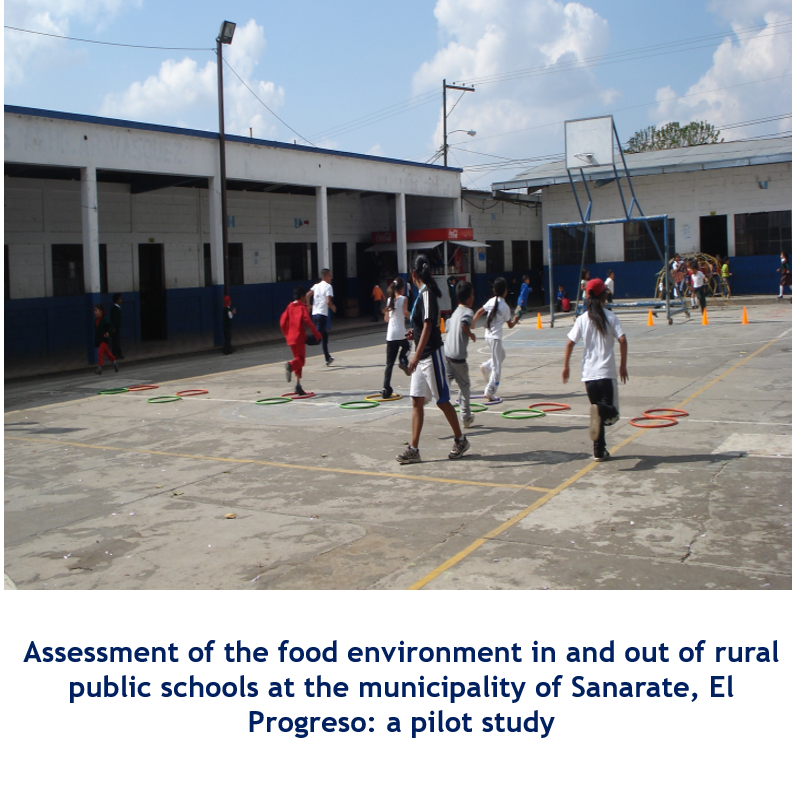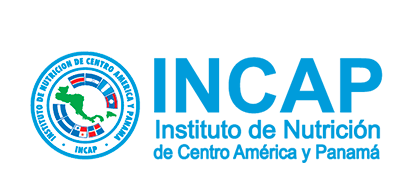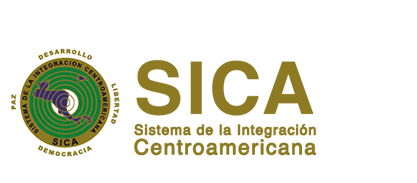
Assessment of the Food Environment in and out of Rural Public Schools at the Municipality of Sanarate, El Progreso. A Pilot Study.
|
Participating institutions |
Institute
of Nutrition for Central America and Panama (INCAP, Guatemala Emory
University, USA
|
|
Principal Researchers |
Maria
Fernanda Kroker-Lobos, PhD Manuel
Ramirez-Zea, PhD Aryeh
Stein, PhD |
|
Funding agency |
NIH Fogarty |
|
General objective |
The purpose of the study is to explore whether
environmental factors contribute to childhood obesity at the communities of
the INCAP longitudinal study through:
Measuring food
environment components as food advertising, density of food places and offer
of food in and outside of schools.
Explore the relation
between the density of food places around the school and the body weight of
school age children, through the assessment of the child´s diet, taking into
account important sociodemographic variables and the level of physical activity.
|
|
Methodology |
We will carry this transversal study at four
villages of the Department of El Progreso: Conacaste, Espiritu Santo, San
Juan y Santo Domingo, located at the municipality of Sanarate. Currently, each village has two elementary
schools (n=8 schools) with an average of 200 students each one. At each
school, we will recruit 50 children from first to sixth grade, to obtain 400
school age children. The following measures will be
obtained:
Individual
measures: a.
Sociodemographic information b. Dietetic survey addressed
to children. c.
Anthropometry. d.
Food frequency
Food Environment Measures at the school
and community level a.
Advertising
within and outside the schools. b. Density of food places
outside schools. c.
Food
availability within and outside schools.
|
















